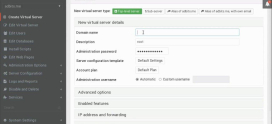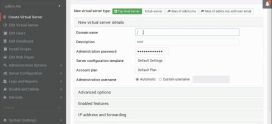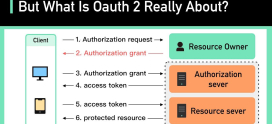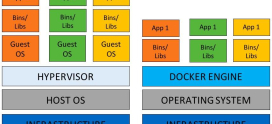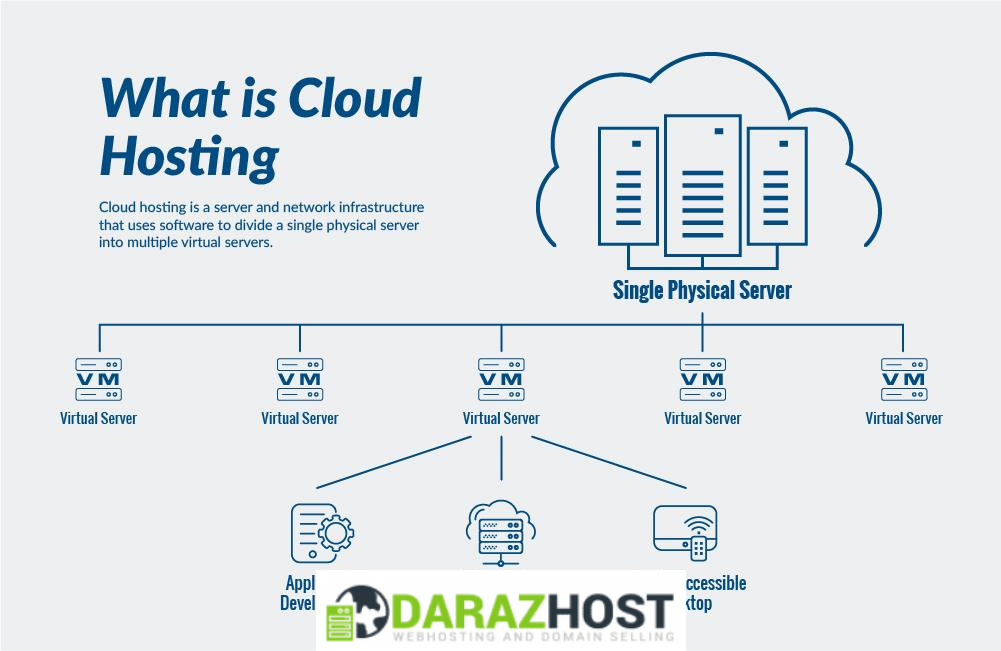
How to Use Cloud Hosting to Scale WooCommerce During High Traffic
How to Use Cloud Hosting to Scale WooCommerce During High Traffic
Are you running a WooCommerce store and feeling the pressure as high traffic days approach? For many online businesses, increased traffic can lead to slow loading times, crashes, and a generally frustrating experience for customers. But what if I told you there’s a way to handle that surge gracefully? Enter cloud hosting—a powerful tool that can keep your WooCommerce store running smoothly, even during peak traffic. In this article, we’ll explore how cloud hosting can help you scale your WooCommerce store efficiently and effectively.
Understanding Cloud Hosting
Before diving into the specific benefits, let’s clarify what cloud hosting is. Imagine you’re at a buffet: instead of everything being limited to a single table (like traditional hosting), cloud hosting gives you access to a vast array of resources from various servers across the internet. This means more flexibility, reliability, and scalability when managing your online store. You essentially share resources with other users, which can also lead to cost savings. Sounds good, right?
Why is Scalability Important for WooCommerce?
Picture the scene: It’s Black Friday, and your store is buzzing with activity. You know your products are in demand, but what if your website goes down? This is a nightmare scenario for any online retailer. Scalability ensures that your website can handle traffic spikes without crashing. For WooCommerce, a platform that thrives on seamless user experience, scalability is essential. Let’s explore why.
- Consistent Performance: As visitors flock to your site, you want them to have a seamless shopping experience.
- Quick Load Times: A slow website can lead to abandoned carts. Studies show that even a one-second delay can hurt your conversion rates.
- Future-Proofing: Your business isn’t static. Cloud hosting allows you to adapt to changes in demand without the need for extensive infrastructure upgrades.
Benefits of Cloud Hosting for WooCommerce
With a solid understanding of cloud hosting and its importance, let’s delve into the specific advantages of using cloud hosting for your WooCommerce store.
1. High Availability and Uptime
One of the primary benefits of cloud hosting is its high availability. Unlike traditional hosting, where your website is linked to a single server, cloud hosting distributes your resources across various servers. This means if one server goes down, others will pick up the slack. Think of it as having backup generators ready to kick in when the power goes out—a seamless experience no matter what.
2. Elasticity
With cloud hosting, you can easily scale your resources up or down based on traffic demands. For instance, during a sale, you might need more processing power, while on regular days, lower capacity might suffice. This elasticity is beneficial—it saves costs while ensuring you’re prepared for whatever comes your way.
3. Enhanced Security Measures
Running an online business definitely comes with security challenges. Cloud hosting providers like DarazHost offer advanced security features, including regular updates, firewalls, and DDoS protection. This means your customers’ information—and your reputation—are safer, allowing you to focus on growing your business.
4. Automated Backups
No one likes to think about what could go wrong, but it’s essential to be prepared. Cloud hosting solutions often include automated backups, allowing you to restore your website quickly in the event of data loss. It’s like having insurance for your digital assets—always good to have, just in case!
5. Global Reach
Cloud hosting can provide low latency and fast speeds for users regardless of their location. This means customers from anywhere in the world can shop your WooCommerce store without significant delays, increasing overall customer satisfaction.
How to Switch to Cloud Hosting for WooCommerce
Ready to take the leap? Transitioning to cloud hosting can seem daunting, but it doesn’t have to be. Here’s a step-by-step guide to help you make the change.
- Choose the Right Cloud Hosting Provider: Consider providers like DarazHost, which offer tailored solutions for WooCommerce.
- Analyze Your Current Needs: Assess your current traffic and resource usage to determine the best plan for your needs.
- Backup Your Current Site: Make sure to back up all your data before migrating. This is crucial for avoiding potential loss during the switch.
- Migrate Your Site: Many cloud providers offer migration services, making this process easier. Ensure a seamless transition.
- Test Your New Setup: Before going live, test the new setup to confirm everything works smoothly.
- Optimize for Performance: After migration, consider optimizing store functionalities such as load times and checkout processes.
Key Features to Look for in Cloud Hosting
When considering which cloud hosting provider to choose, here are some key features to keep in mind:
| Feature | Importance |
|---|---|
| Scalability | Essential for handling traffic spikes |
| Security | Protects customer data and maintains trust |
| Customer Support | Quick resolution of issues |
| Backup Services | Prevents data loss during critical times |
| Price Flexibility | Ensure affordability and scalability |
Comparing Cloud Hosting Options
When it comes to cloud hosting for WooCommerce, several options exist, but some providers stand out. Let’s compare how two of them stack up: DarazHost vs. Competitor X.
| Feature | DarazHost | Competitor X |
|---|---|---|
| Uptime Guarantee | 99.9% | 99.5% |
| Storage Space | Unlimited | 50GB |
| Support | 24/7 Live Chat | Email Support Only |
| Backup Options | Automatic Daily Backups | Weekly Backups |
Tips for Optimizing WooCommerce Performance on the Cloud
After transitioning to cloud hosting, it’s time to ensure that your WooCommerce store operates at peak performance. Here are some tips to keep in mind:
- Use Caching Plugins: Speed up loading times for repeat visitors by using caching solutions.
- Optimize Images: Compress images to reduce load times without sacrificing quality.
- Minimize Plugins: Use only the necessary plugins to enhance performance—too many can bog down your site.
- Implement a Content Delivery Network (CDN): This helps serve your content from the closest server to the user, improving load times.
Conclusion
In today’s fast-paced digital world, being unprepared for high traffic can be costly. Utilizing cloud hosting for your WooCommerce store allows you to scale seamlessly while ensuring the best possible experience for your customers. With the advantages of high availability, elasticity, enhanced security, automated backups, and global reach, making the switch might just be the best move you can make. So, why wait? Start exploring cloud hosting options today and unleash the full potential of your WooCommerce store!
FAQs
- What is cloud hosting? Cloud hosting is a service that allows websites to use resources from multiple servers, providing more flexibility and reliability.
- Is cloud hosting good for WooCommerce? Yes, it’s especially beneficial during high traffic periods, ensuring your store remains available and fast.
- How can I migrate my WooCommerce store to Cloud hosting? You can migrate your WooCommerce store by choosing a suitable cloud hosting provider, backing up your current site, and utilizing migration services offered by the provider to ensure a smooth transition.
- Will I save costs with cloud hosting? Yes, cloud hosting offers scalability which can help you manage costs effectively by paying only for the resources you use.
- What should I look for in a cloud hosting provider? Key features to consider include scalability, security, customer support, backup services, and price flexibility.


